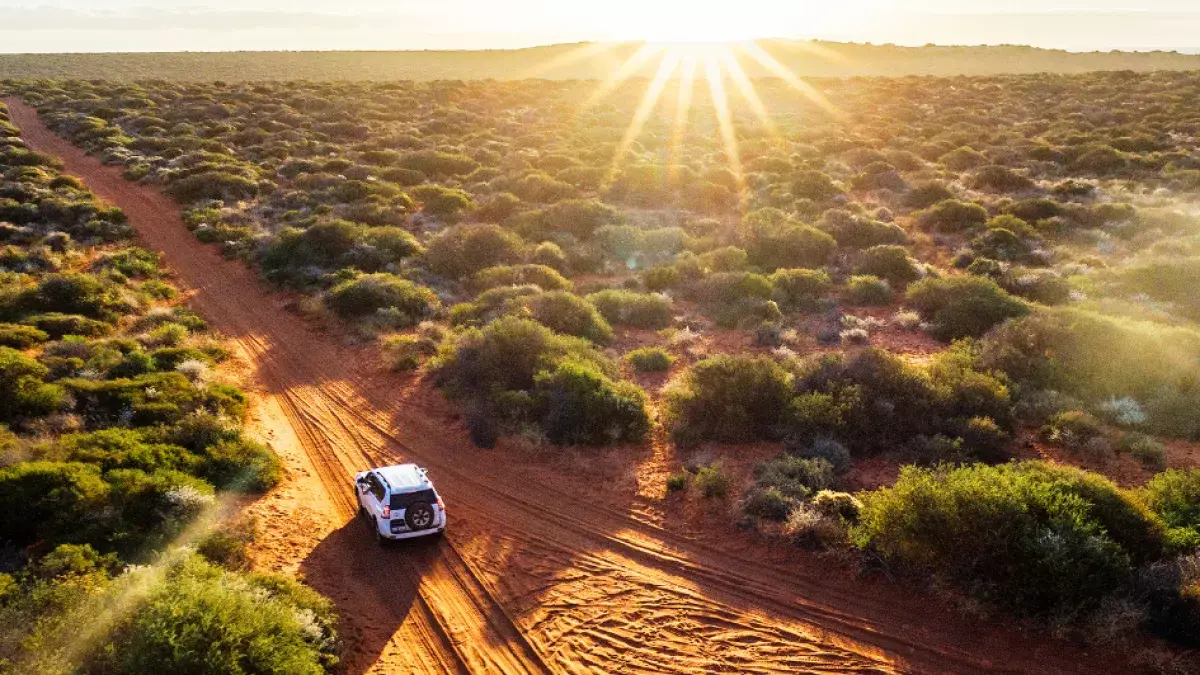- News
- Medical Careers
- 9 min read
Australian Immigration Changes Effective from 1 July 2024
Keep up to date with the latest changes to immigration laws in Australia affecting internationally trained doctors and Australian healthcare employers
- By: Admin
- September 27, 2024

Starting 1 July 2024, significant changes to immigration laws are set to impact health practitioners and their employers. These updates are crucial for ensuring compliance and optimising the hiring and employment processes within the healthcare sector.
Citizenship and visa application charge Increase
The Migration Amendment (Visa Application Charges) Regulations 2024 has just been introduced, bringing a series of changes to the Visa Application Charges (VAC).
How Much More Will You Pay?
Here's a quick breakdown of common visas:
- Subclass 482 (Temporary Skill Shortage Visa): This visa allows employers to address labour shortages by bringing in skilled workers. The primary visa application charge has increased from $3035 to $3115.
- Subclass 407 (Training Visa): This visa is for those who want to participate in workplace-based training. The new primary visa charge is $415, up from $405.
- Subclass 186 (Employer Nomination Scheme Visa): This visa allows skilled workers nominated by their employer to live and work in Australia permanently. The primary visa application fee has risen to $4770 from $4640.
- The new Citizenship by conferral – general eligibility application fee has risen to $560 from $540.
Temporary Skilled Migration Income Threshold Increased to $73,150 per annum
Advertising and offering positions to foreign skilled workers must meet or exceed a base salary of $73,150 per year starting from 1 July 2024. Ensuring that nominations for skilled roles meet or exceed this threshold is crucial for successful nomination applications. The offered salary should be competitive with actual market rates to achieve a positive outcome. If you are involved in hiring or immigration processes affected by these changes, Wavelength can provide specific and detailed information and guidance tailored to your requirements.
Key Changes in Visa Conditions (8107, 8607, 8608)
- Increased Mobility Period: Visa holders now have a maximum of 180 consecutive days (up from 60 or 90 days) during which they can cease working to seek alternative employment or prepare to depart Australia. This period starts on or after 1 July 2024.
- Exclusion of Pre-July 2024 Employment Ceased: Any periods where a visa holder ceased employment before 1 July 2024 do not count towards the 180 consecutive days.
- Flexibility in Work Options: Visa holders can work for alternative employers or in different occupations than originally specified during the mobility period. They also have the option not to work during this time.
- Total Cease Work Period: Throughout the visa validity, the total period during which a visa holder can cease to work must not exceed 365 days after the commencement of the Instrument. Again, pre-July 2024 employment gaps are excluded from this count.
- Application of Amendments:
-
-
- Visas granted on or after 1 July 2024 are subject to these new conditions.
-
-
-
- For visas granted before 1 July 2024, these conditions apply only to the part of the visa period occurring after 1 July 2024. Any employment gaps before this date are disregarded.
-
These changes aim to enhance flexibility for visa holders, allowing them more time to find alternative employment or make arrangements to leave Australia, thereby supporting workforce mobility and adaptation to changing employment conditions.
Update on Far North Queensland Designated Area Migration Agreement: Skills Assessment Changes for Healthcare Roles
Starting from 1 July 2024, the skills assessing authority for Personal Care Assistants and Nursing Support Workers under the FNQ DAMA in Far North Queensland will change from VETASSESS to ANMAC. This change affects new skills assessment requests made on or after that date, while assessments already lodged with VETASSESS before 1 July will remain valid. This update is crucial for individuals considering or in the process of migrating to FNQ under these roles, highlighting the need to stay informed about the transition to ANMAC for future applications.
Legacy 457 Worker Age Exemption no longer available
- The age exemption for legacy 457 workers under the Employer Nomination Scheme (subclass 186) visa applications will no longer apply from 30 June 2024.
- Alternative age exemptions specified in LIN 19/216, such as those for Subclass 457/482 workers and regional medical practitioners, remain unchanged.
- Effective from 1 July 2024, the Fair Work High Income threshold will increase to $175,000. This change should be considered if an age exemption based on being a Subclass 457/482 worker is required.
- Contact Wavelength International for further assistance if needed.
Australia's Expanded Working Holiday Visas: New Opportunities for UK and Philippines Passport Holders
Australia's Working Holiday Maker Program has recently undergone significant updates, offering exciting new opportunities for skilled healthcare workers from the United Kingdom and the Philippines. These changes aim to enhance cultural exchange and provide valuable experiences for young adults seeking to explore Australia.
Changes for UK Passport Holders
UK passport holders can apply for a third Working Holiday (Sc 417) visas without needing to fulfill any specific work requirements. This adjustment opens doors for UK citizens to immerse themselves in Australian culture, travel extensively, and gain valuable work and life experiences.
Work and Holiday Visa for Philippines Passport Holders
Similarly, from 1 July 2024, citizens of the Philippines will be eligible to apply for the Work and Holiday (Sc 462) visa. This visa not only allows for travel and exploration but also encourages cultural exchange between Australia and the Philippines, fostering closer ties and mutual understanding.
Please reach out to our team should you identify working holiday visa holders ready to work in Australia’s healthcare industry who require registration assistance.
Changes on the horizon
TSS Relevant Work Experience Reduced to 1 year from 23 Nov 2024
Starting from 23 November 2024, the Australian government will implement a significant change to the Temporary Skill Shortage (TSS) visa. Specifically, the requirement for relevant work experience will be reduced from two years of full-time experience to just one year. This adjustment represents a substantial shift in Australia's approach to bolstering its workforce competitiveness by lowering barriers to entry for skilled foreign workers. It's important to note that educational criteria and registration/licensing requirements will continue to be strictly enforced.
Have questions on Visas, Immigration or registration?
Get in touch with our Regulatory & Migration Services Team, and our MARA-registered Migration Agents.
-
 Sep 27
Sep 27Explore the diversity of Australia
How Wavelength can guide you towards Australia's best regions, revealing your unique and fulfilling career path.
- Medical Careers
- Admin
- 4 min read
-
 Sep 27
Sep 27How to move to Australia to practise medicine
Looking to practise medicine in Australia? Here’s what you need to know to pursue your career Down Under.
- Medical Careers
- Admin
- 6 min read
-
 Sep 27
Sep 27Western Australia
Uncover Western Australia (WA): the perfect blend of coastal and outback adventures, liveability, and picturesque landscapes.
- Medical Careers
- Discover Regional Australia
- Admin
- 5 min read



